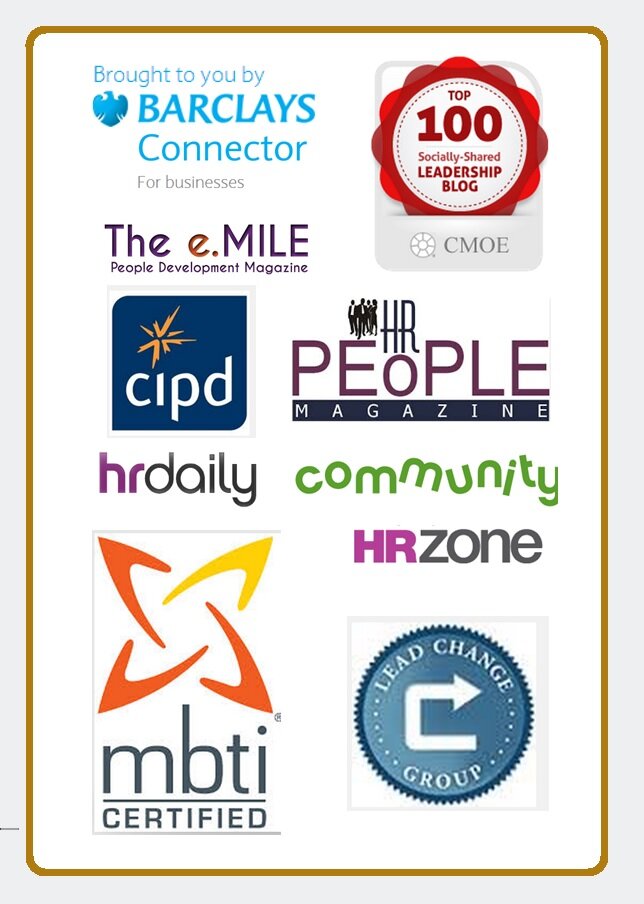 Most progressive people in business understand only too well that the old paradigm of faulty thinking has long gone.
Most progressive people in business understand only too well that the old paradigm of faulty thinking has long gone.
Examples like “profit before values”: underhand strategies of “the end justifies the means” or “we are important so we deserve special privileges” have been exposed and deleted by the best organisations. While businesses regroup and to make amends, change doesn’t happen overnight. Some two years or so on from the major scandals, there is still much to do.
Optimistically change for the better must occur, and evidence of proactive and definitive change is happening, typically illustrated by the very strong corporate statement issued by the likes of where they set out in no uncertain terms their ethics and standards moving forward. Other companies are positioning themselves accordingly.
Many of the problems arose, not because people involved in the scandals where inherently bad people, but because they were victims of “faulty thinking”. Faulty thinking taken to the extreme. Throughout history you can see examples of faulty thinking being taken to the extreme. Think Hitler and modern day dictatorship, terrorism, and modern day slavery. There are lesser degrees of faulty thinking, but if adopted globally then innocently seeming “right” thinking can be catastrophic.
There are some key beliefs and thinking patterns which underlie many of the “ills” of society and of course can be evidenced on the leadership stage. These beliefs have permeated our culture as a global society and therefore have become a paradigm which acts like a closed cell door and makes it seem difficult to get out. Much is of course unconscious faulty thinking. This might sound bleak, but actually by acknowledging such faulty thinking, then we are able to shine a light on this paradigm and change our beliefs and thoughts to more positive and affirming thinking which will of course create a brand new paradigm and a much brighter future.
The following set out 2 ways we continue to exercise faulty thinking and therefore limit great changes in the world and in business.
- There is not enough to go round
The economic crisis is not yet over, and there is a cacophony of voices telling us there is recovery, and others who are predicting the end of society as we know it. Who knows? The whole debacle has been made by ongoing and systematic faulty thinking about our collective purpose and the possessive of money in particular.
The scarcity principle is one which is one of the most prevalent traits of faulty thinking, and one which people feel most justified in bowing down to. But it is a faulty system, borne of faulty thinking. There is no real scarcity in the world; we have made a system where we have bankrupted the world, businesses and individuals. There is plenty of food to eat and there are enough resources, we have sufficient intelligence to overcome the majority of problems which arise. We just don’t do it. Why? Because we believe there is scarcity, on a global, collective and individual level. The scarcity is literally all in our mind.
For a business leader, this is a difficult one because the thought and “evidence” of scarcity through downturns in economy, reduced budgets, income etc. is compelling. The scarcity principle is one which makes people work longer for less with little hope.
The unified alternative is to find the opportunity in any situation whether reduced economy or other situation where scarcity is the fear. Use the experience to find ways of creating more, leveraging growth and learning to challenge beliefs and assumptions and “the way things have always been done”.
This is not rocket science. Every savvy entrepreneur knows that there are always opportunities in adversity.
- Favoritism
There is a standing joke on the UK version of the “X Factor” involving Louis Walsh, the long serving judge from Dublin, who is said to favour acts from Ireland whether they have talent or not . I think most people see it very much as harmless fun, and it always raises a laugh. This is only a TV show, and while I’m sure some hopeful with talent might feel put out about being turned down because people with less talent have got through by virtue of their place of birth, they hopefully can get their talent recognised elsewhere.
Favouritism in other arenas and especially in the workplace has more serious connotations. At its worst, favouritism stems from a conscious or even unconscious form of discrimination and can seem harmless, but it has far reaching effects. At best, favouritism is simply a matter of keeping ourselves in our comfort zones, because of a fear of “difference”.
Many years ago I applied for a job. Pitching up for the day of assessment and interviews, I was joined by 6 other hopefuls. Of the seven of us there was one man. We were collectively greeted by the CEO and his board, all men, and the day of interviews commenced. I remember thinking they were doing really well because they must have recognised the overly masculine nature of their top team, and they had called 6 women to interview. Surely they were committed to giving women a chance. I don’t know indeed they may well have been. The next day, I got a phone call to say that I had been an “exceptional candidate” and the board had been very impressed, but that they had decided to offer the job to another person. I was fine, and was quite amused to note when they announced the appointment, it was the only male candidate, who was successful. Now I’m not saying that they were discriminating against women, nor am I saying the male candidate didn’t have the best qualifications. But I did wonder if they were pretty comfortable in their “all male” group.
Favours can consist of securing contracts, promoting, awarding bonuses, praising, promoting, spending time, allocating quality work etc. to others with little regard to contribution or effort but because they are in the “favoured few” circle. It can mean employing family members even if they aren’t the best qualified.
The unified alternative is to be open to many different types of contribution and value them all. To develop a framework of fairness, appreciation and reward open to all. Be aware of, and guard against biases. The underlying premise to this is of course that we are all equally of value in whatever situation.
There are many ways we think in a faulty way, but if we solved those two we would have opened up a vista of opportunity, the like of which has never been seen before.
If you are a leader, you are continually developing and "Sharpening the Saw". If you lead and manage teams, then you must read about our Inspirational New Leadership Programme. Sign up now to find out more details when we launch in July 2014. There is no obligation to undertake the programme, if you sign up today, you will simply be sent more information about the programme. You can unsubscribe at any time! Click below to register for further information.





 p positions for learning and software/technology companies. Having won numerous global blue-chip customers, Richard successfully managed global client teams to service and grow these accounts. His passion is in crafting solutions designed to solve complex business challenges, always with the goal of creating win-win and long-term value.
p positions for learning and software/technology companies. Having won numerous global blue-chip customers, Richard successfully managed global client teams to service and grow these accounts. His passion is in crafting solutions designed to solve complex business challenges, always with the goal of creating win-win and long-term value.


